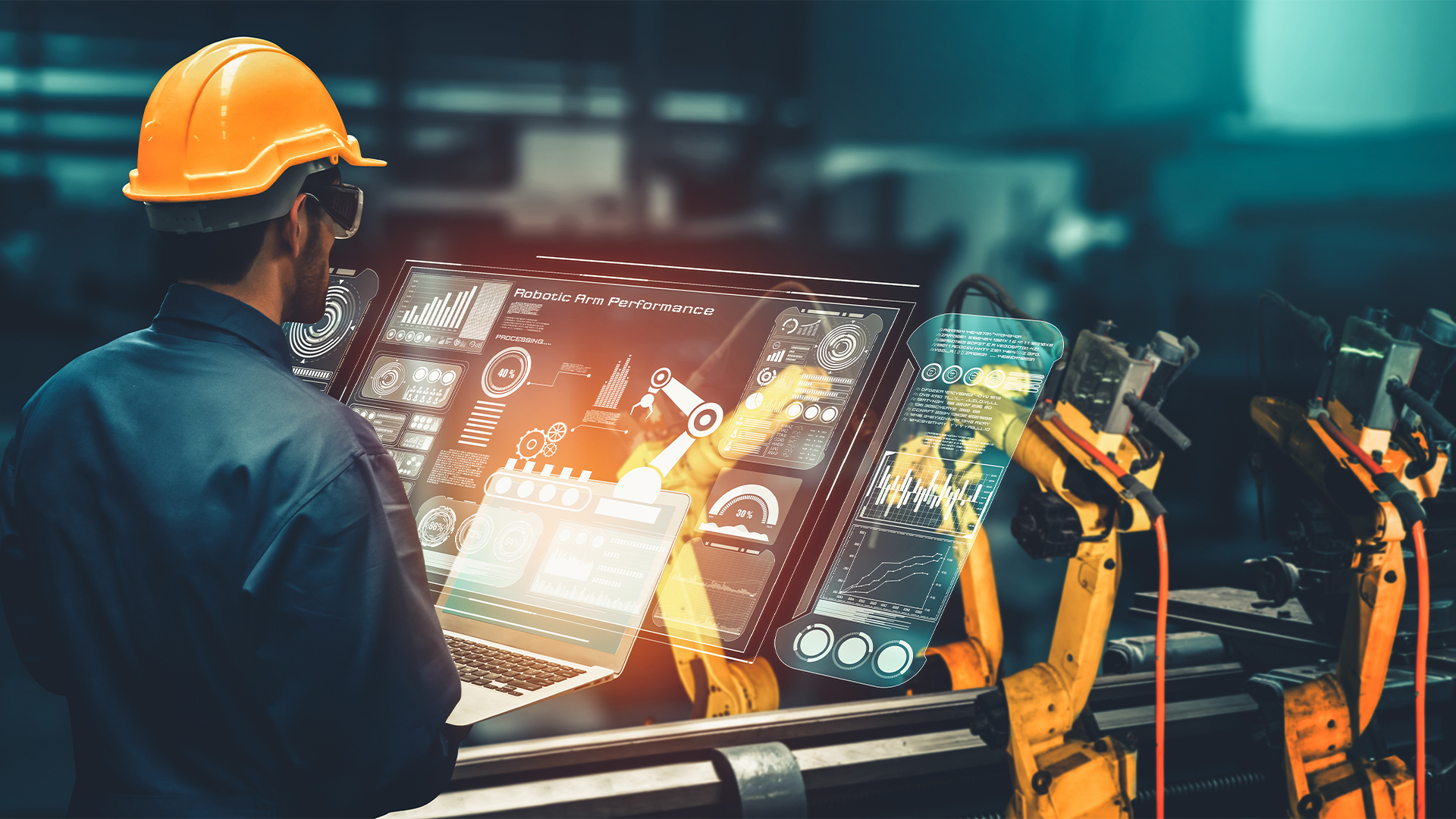

Britain’s manufacturers have begun the year with renewed optimism, and the market sector of electronics manufacturing is no different. A growing number of UK manufacturers feel they’re moving ahead of their continental counterparts and are maintaining a positive outlook for the year ahead.
Increased automation, a focus on purpose-built solutions for healthcare applications and further usage of new technology are driving electronics manufacturing forward, with excitement in the sector around new innovations.
The recent news that Elon Musk’s Neuralink project has successfully implanted a brain-computer interface into a human subject’s brain gives an indication of the types of technologies we can expect to see in the short and long-term future.
Paul Dearman, Head of Business Development at specialist cable assembly and electronics manufacturer GTK, has noted a shift in the way that manufacturers interact with their suppliers, with increasingly more rigorous standards required, particularly for specialist projects. We spoke to him to better understand the other electronics trends that today’s original equipment manufacturers (OEMs) should be aware of for 2024.
Solutions for healthcare
With the release of the NHS’ business plan for 2023/24 in September, priorities for publicly-funded healthcare institutions like hospitals and care homes have shifted. Following the merger between NHS England and NHS Digital in February 2023, there’s a greater focus than ever on pushing the NHS forward using technology.
The NHS’ technological priorities for this financial year include delivering “technology upgrades across primary care,” “addressing legacy technology constraints,” and “leveraging innovation to transform health and care.”
“Demand for electronics to be used in healthcare applications is growing, as seen in Q4 of 2023,” notes Dearman. “Electronics producers who are unable to match the complex demands of the healthcare sector risk missing out on a significant chunk of business.”
Evolved manufacturing techniques
Expect technological advances to continue streamlining the electronics manufacturing process through 2024. Internet of Things (IoT) integration has increasingly taken precedence in the sector over the last few years, and that trend shows no signs of slowing down.
Automation will also become more important than ever in 2024 and affect an even greater number of business functions. Automation has already helped expedite the early stages of product development, enabling manufacturers to bring a product to market more quickly than ever. For instance, visualisation tools such as Graphisoft’s Archicad have made it far simpler to create serviceable early-stage designs, freeing up time and resources for the production process.
As such, says Dearman, “Firms who aren’t automating extensively can expect to get left behind by more efficient manufacturers.”
IoT for manufacturers and customers alike
Just as IoT has become an integral part of the manufacturing process, it’s also being increasingly implemented in both residential and business applications. As well as smart homes, business use applications such as supply chain management are becoming more common.
One of the impacts of the growing use of IoT and smart-connecting devices, according to Dearman, is the increased demand for reliable connectivity solutions. “These technologies have necessitated a call for reliable data and power transmission in non-standard settings – OEMs require cable assemblies and connectors that are robust enough to meet those needs in more difficult environments.”
OEMs should therefore be aware of the increased demand for purpose-built solutions, and consider how their existing infrastructure can adapt to support that.
Customisation is king
In 2024, expect your customers to be looking for more bespoke, customised solutions than ever before. Hyper-personalisation has been a growing trend across a range of sectors for a number of years, but demand for bespoke electronics is expected to increase during the year ahead.
Technological advancements are part of the reason behind this – the growing use of machine learning means that businesses can understand their customers in more depth than ever and cater to them more efficiently.
“The demand for personalisation is taking a number of forms”, says Dearman. “Whether it’s small customisations like one-off overmoulding or entirely bespoke solutions, firms need to be prepped to create built-for-purpose solutions.”
Capacitive touch solutions
Given the wide range of electronics that the average consumer interacts with during a given day, OEMs should consider the importance of UI, ergonomics and aesthetics when creating a device that’s designed for direct user input. For example, GTK reports an increase in the level of demand for capacitive touchscreens in its display solutions, as users have now come to expect on-screen controls.
Google Search data backs this up – searches for “capacitive touchscreen” and “capacitive touch sensor” have increased by 23% and 21% respectively compared to January 2023, indicating that demand for these solutions is growing, especially as they becomes more cost-effective for industrial applications.
Sustainability concerns remain vital
As net zero edges closer, businesses across the country are interrogating their operating practices in more depth. Sustainability is becoming a more important concern than ever, as stakeholders at every level become increasingly concerned about the provenance of their electronics.
Offering your customers alternative or sustainably sourced materials could be the difference between winning their business and failing to do so. Many of today’s alternative cabling solutions provide the same durability and performance as their traditional alternatives, so it’s worth considering whether your business has incorporated these into its new product designs.
“Understanding your customers and their habits for the year ahead could be the difference between your business surviving and thriving, so it’s vital to get in front of those trends and understand exactly what they need”, Dearman comments.

Technology
25 March 2025
Ransomware-As-A-Service Variants on the Rise With Critical Infrastructure Providers at the Greatest Risk

Business Advice
25 March 2025
Claims Processing Automation: How Insurers Can Cut Costs and Improve CX

Technology
18 March 2025
Secret Signs Your Internet Security Has Been Compromised






















